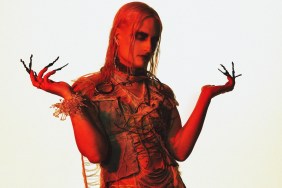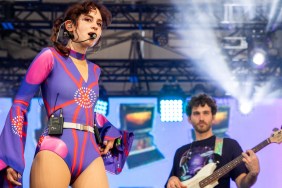Many of us can link a certain album to pivotal moments in our lives. Whether it’s the first record you bought with your own money, the chord you first learnt to play on guitar, the song that soundtracked your first kiss, the album that got you those awkward and painful pubescent years or the one that set off light bulbs in your brain and inspired…

The festival landscape has undergone major upheaval in the last three years, and Covid’s long-term impact on the music industry…











